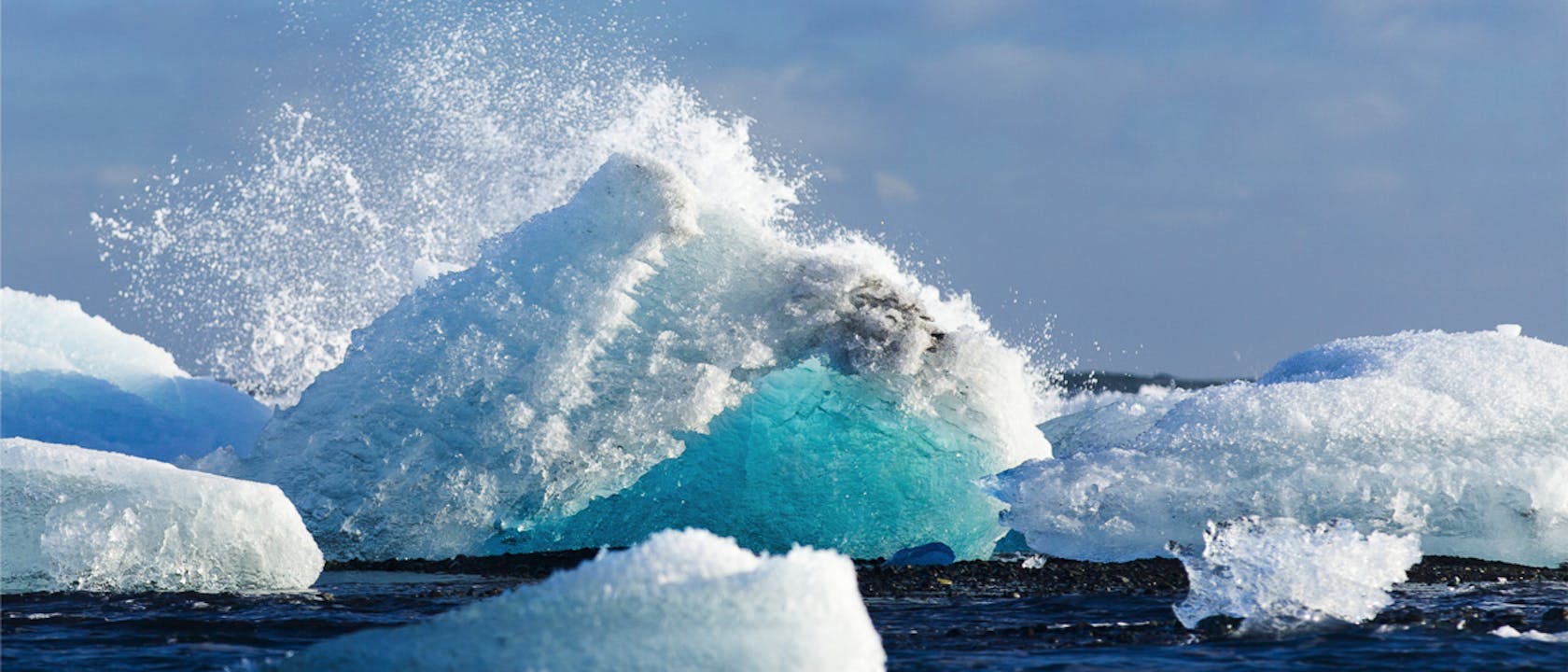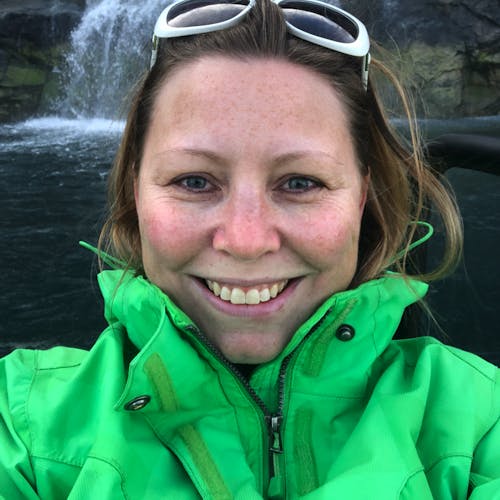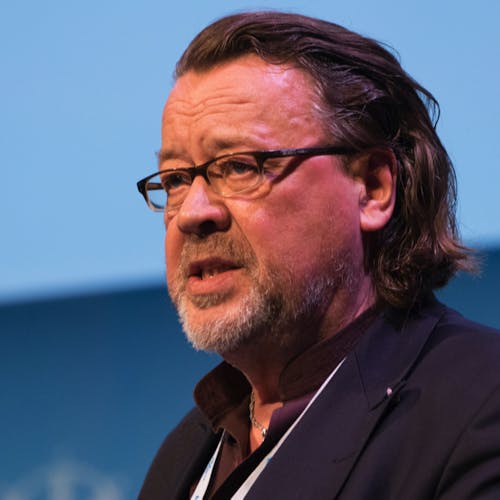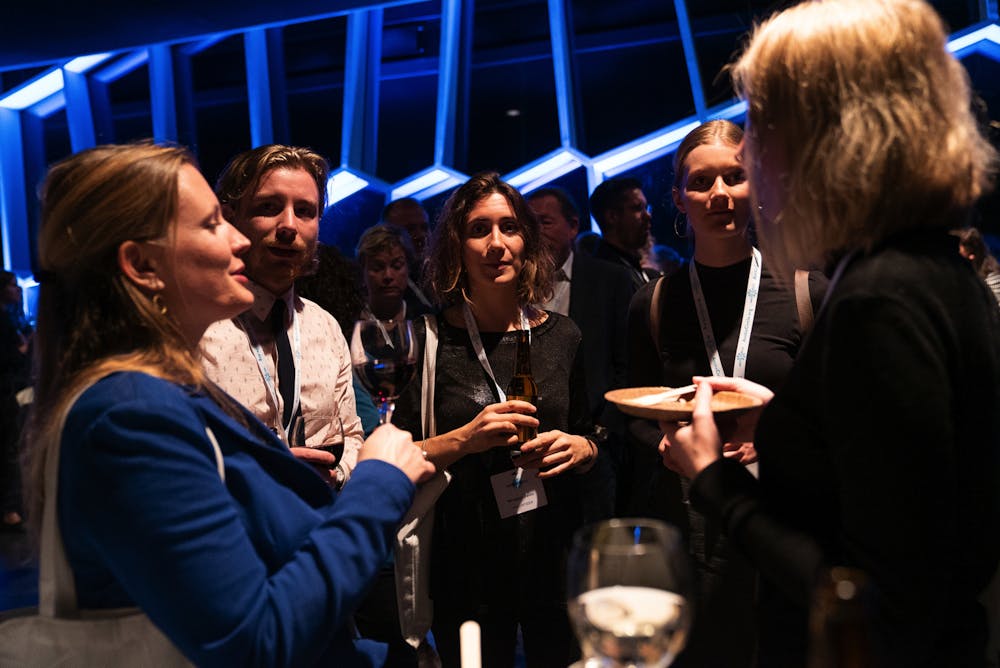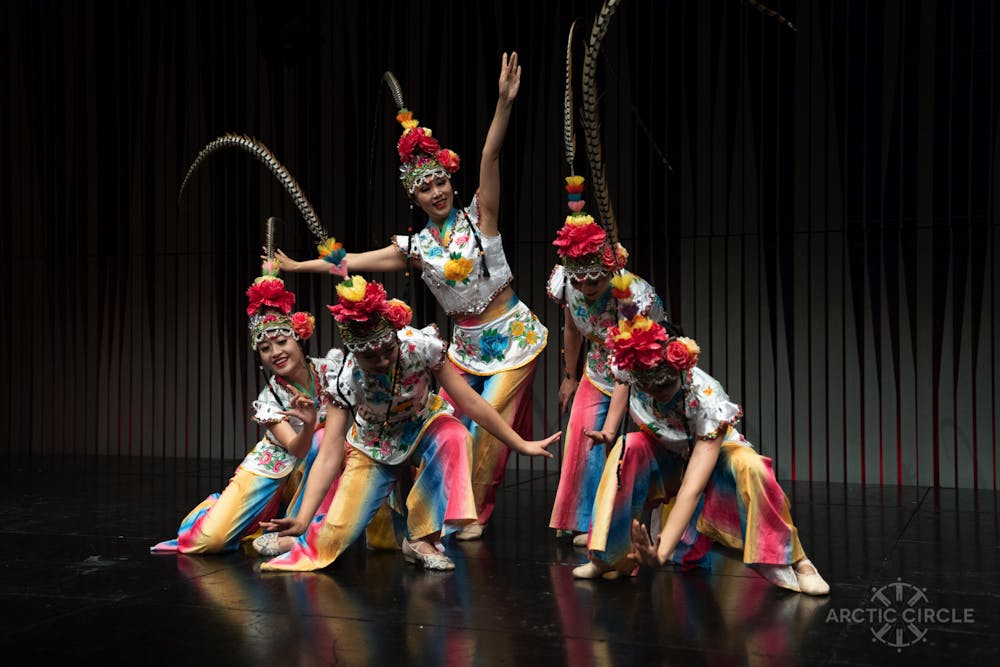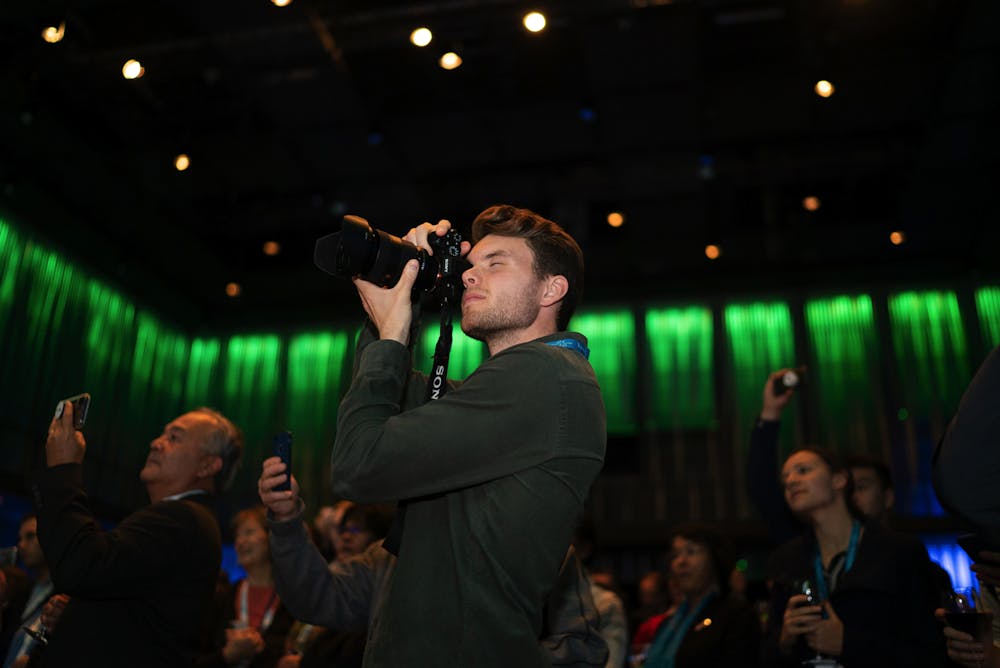The concept of "high latitudes - low tension" has been repeated in numerous statements, policies, and speeches to a great extent due to the fact that there have been no regional armed conflicts in the post-Cold War Arctic. Analysis into this concept is however lacking.
Behind this statement lies the paradigm shift from military tension (of the Cold War) to political stability due to growing concerns about environmental degradation. Functional cooperation with flexible agendas, on environmental protection and science, were defined as important elements for confidence-building and better governance. Being mutually beneficial, these common interests were followed by increasing geopolitical stability and cooperation between parties.
The GlobalArctic Mission Council hosted this first Arctic Circle Webcast Session to discuss the role of international, functional cooperation as means to increase security of the Arctic region. This discussion is particularly important in these unprecedented times of world politics to analyze the process and benefits of functional Arctic cooperation, and uphold the dialogue among academics.
Speakers:
- Dr. Heather Exner-Pirot, Managing Editor of Arctic Yearbook and member of the Arctic Circle Mission Council on GlobalArctic
- Prof. Lassi Heininen, Chair of the Arctic Circle Mission Council on GlobalArctic
